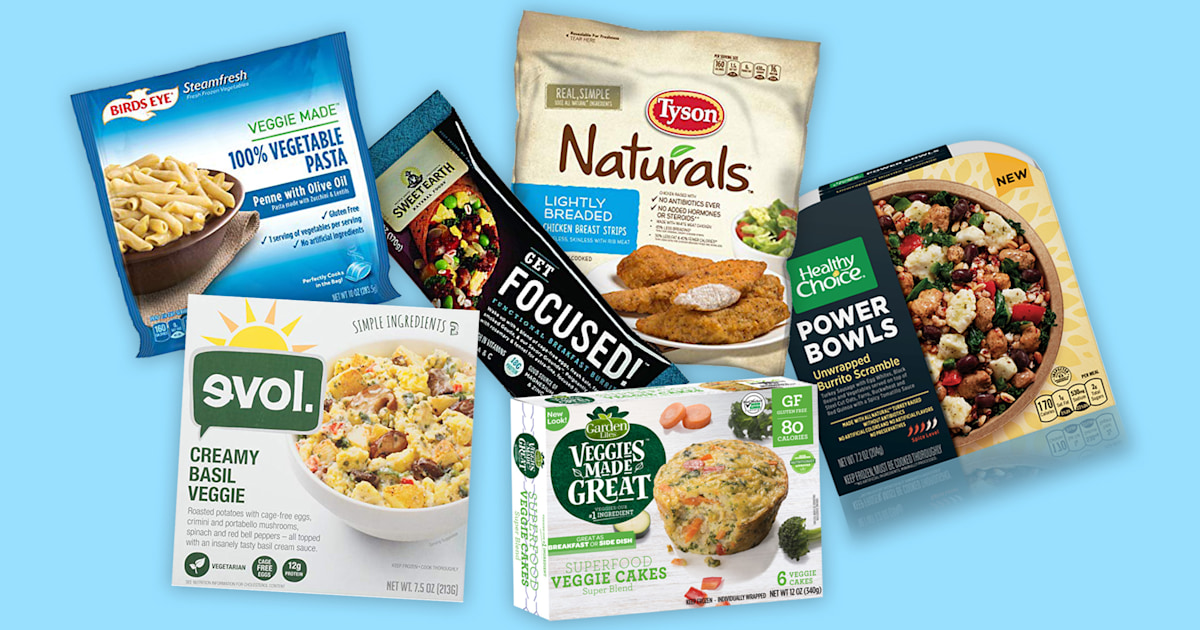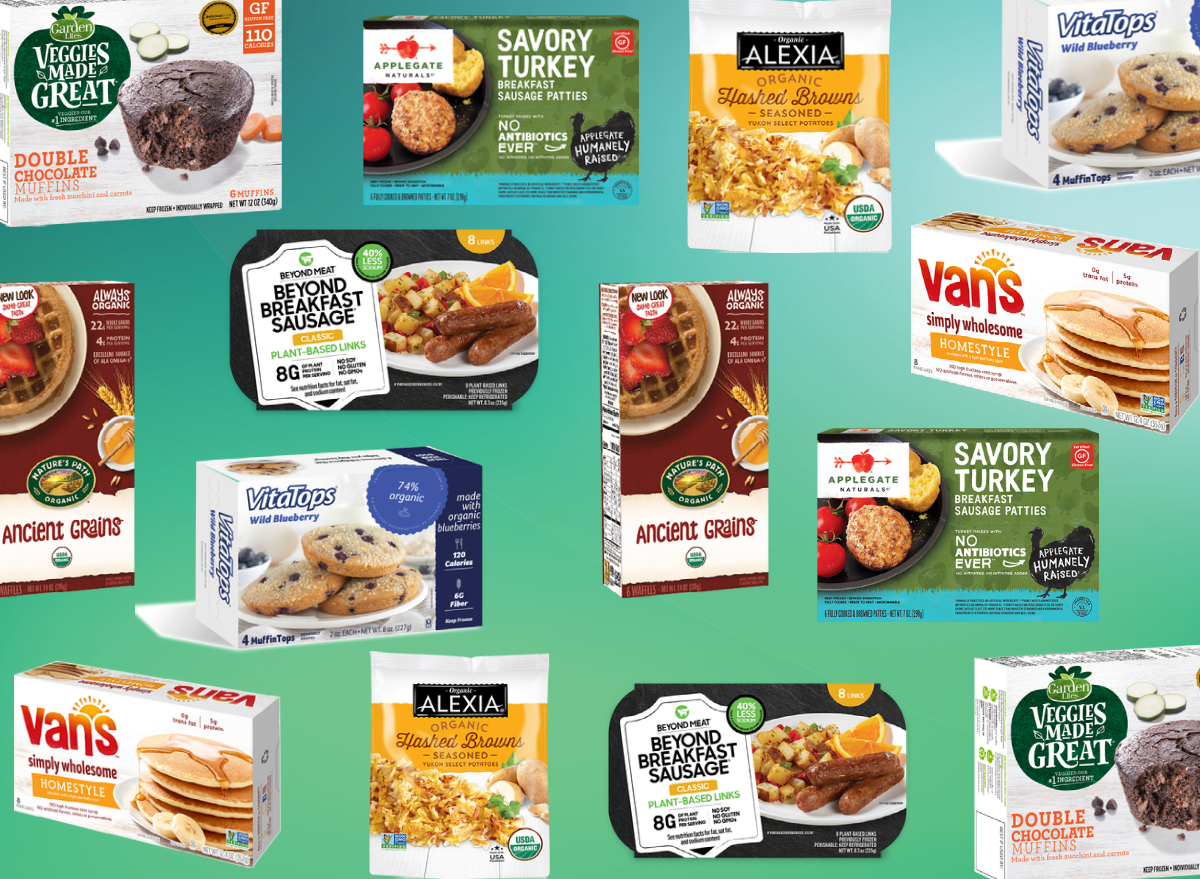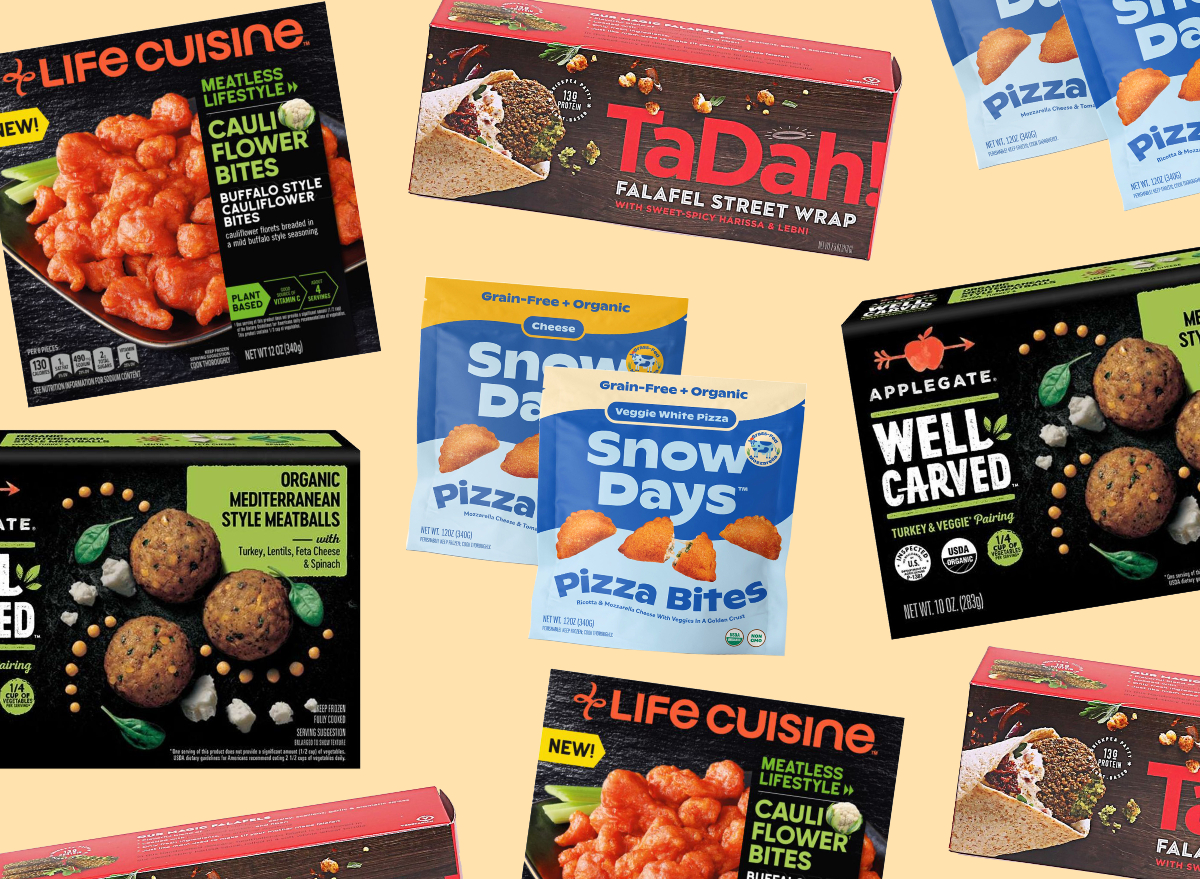
Best Healthy Frozen Food
Introduction
In today’s fast-paced world, frozen foods have become increasingly popular due to their undeniable convenience and time-saving qualities. However, many people mistakenly assume that these icy meals lack nutritional value compared to fresh alternatives. This blog post aims to shed light on the best healthy frozen food options available, which not only maintain a high level of nutrition but also offer exceptional taste and quality ingredients.
Demystifying Nutritious Frozen Fare
Let’s debunk the myth that frozen equals less nutritious. The freezing process itself is a science-backed method that preserves vitamins, minerals, and antioxidants in food. When choosing your next freezer staple, prioritize items with low sodium content, lean protein sources, whole grains, minimal processing, and no added sugars. These criteria will guide you towards healthier choices that support your balanced diet goals.
Exploring Top Healthy Frozen Meal Options
1. Flash-Frozen Vegetables & Fruits
These gems lock in freshness and nutrients at the peak of ripeness. Brands like Green Giant and Cascadian Farm are renowned for their variety of flash-frozen produce, from mixed vegetables to antioxidant-rich berries. Add them to smoothies, stir-fries, or simply steam as a side dish for an instant nutrient boost.
2. Lean Protein Sources Frozen in Time
Frozen fish, poultry, and plant-based proteins provide a convenient way to incorporate essential amino acids into your meals. Look for wild-caught salmon fillets, antibiotic-free chicken breasts, or Dr. Praeger’s veggie burgers, all of which undergo minimal processing to retain their wholesome goodness.
3. Healthy Frozen Dinners That Deliver
Healthy Choice, Luvo, and Amy’s Kitchen are just a few brands offering frozen dinners that are low in calories, packed with protein, and rich in fiber. From vegetable-studded pasta dishes to grilled chicken entrees, these meals make it easy to enjoy a well-rounded dinner without sacrificing nutrition.
4. Whole Grains in Every Bite
Whole grains play a crucial role in our diets by providing energy and regulating digestion. Opt for frozen meals containing brown rice, quinoa, or ancient grain blends. Kashi’s frozen entrees often feature these supergrains, turning simple frozen meals into satisfying and nourishing plates.
5. Snack Smart with Frozen Treats
Refrigerator sections now boast healthier frozen snack options, such as grilled vegetable skewers, air-fried falafel, or veggie spring rolls. Pair these delights with homemade hummus or Greek yogurt dip to create a balanced snack or appetizer.
Maximizing Your Healthy Frozen Food Choices
To get the most out of your frozen finds, ensure proper storage – keeping them at or below 0°F (-18°C) to prevent bacterial growth and freezer burn. Don’t forget to blend your frozen picks with fresh produce and other staples for a dynamic dining experience. For instance, serve a steaming bowl of frozen cauliflower rice alongside sautéed fresh vegetables and grilled chicken breast.
Quick and Delicious Recipes with Frozen Ingredients
Transform your kitchen into a health haven with recipes like a stir-fry using frozen mixed vegetables, brown rice, and shrimp; or a hearty breakfast bowl featuring frozen berries, Greek yogurt, and nuts. These easy-to-make dishes prove that healthy eating can be both convenient and flavorful.
Best Healthy Frozen Food: Unlocking the Benefits of Using Frozen Ingredients in Your Recipes
Best healthy Frozen food have long been a staple in many households, transforming meal preparation from a time-consuming chore to an efficient and versatile culinary adventure. Here are several compelling benefits of incorporating frozen items into your recipes:
1. Nutrient Preservation
Freezing is nature’s pause button, halting the degradation of vitamins and minerals that can occur with fresh produce over time. Flash-frozen fruits and vegetables are often picked at their peak ripeness when their nutrient content is highest. This means you get all the health benefits without sacrificing freshness. Whether it’s antioxidant-rich berries or vitamin-packed leafy greens, frozen options provide a consistent supply of nutrients throughout the year.
2. Convenience and Accessibility
Frozen foods offer unparalleled convenience for busy home cooks. With a well-stocked freezer, you always have a variety of ingredients on hand – no more last-minute grocery trips! From chopped onions and peppers to pre-cooked grains, frozen components cut down prep time significantly, allowing you to whip up meals quickly. Plus, they ensure you never run out of essential ingredients, making meal planning and execution stress-free.
3. Cost-Effective and Less Wasteful
Fresh produce can spoil quickly, leading to wasted food and money. In contrast, frozen ingredients stay fresh for months, reducing waste and saving you money in the long run. You can buy in bulk or take advantage of sales without worrying about expiration dates. Additionally, using just what you need from a bag of mixed vegetables prevents the remainder from wilting in the fridge.
4. Seasonal Cooking All Year Round
Craving summer berries in the dead of winter? Or perhaps a taste of autumn squash during springtime? Frozen ingredients allow you to enjoy seasonal flavors any time of the year. They also enable you to maintain a diverse diet by providing access to a wide array of fruits and vegetables that may not be locally available or in season.
5. Flexibility in Meal Preparation
Frozen foods give you the flexibility to cook creatively based on your schedule and appetite. Need a quick stir-fry after work? Simply thaw some frozen veggies and protein. Preparing a large batch of soup or stew? Reach for those frozen peas and carrots. The convenience of frozen ingredients empowers you to adjust recipes as needed and accommodate unexpected guests.
6. Consistent Quality and Taste
Unlike fresh produce which can vary in quality depending on growing conditions and storage, frozen items are typically standardized for consistency. This ensures that each bite of your dish contains the same level of flavor and texture, leading to predictable and satisfying results every time.
Embracing frozen ingredients in your cooking doesn’t mean compromising on nutrition, taste, or quality. On the contrary, it offers a smart and practical solution for maintaining a healthy, balanced diet while keeping pace with modern lifestyles. So, go ahead and embrace the icy treasure trove that awaits you in the freezer section – your recipes will thank you for it.
Conclusion: Convenience Meets Nutrition
As we’ve seen, healthy frozen foods provide a powerful tool for maintaining a balanced diet amidst busy schedules. By making informed choices and combining frozen items with fresh components, you can savor meals that are as nutritious as they are convenient. Remember, the key is to read labels diligently and select products that align with your dietary needs and preferences.
Bonus Section: Reader Q&A
We understand there might still be questions about incorporating healthy frozen foods into your daily routine. So, feel free to ask about anything from how to decipher ingredient lists to suggestions for specific dietary restrictions. Our experts are here to help you navigate the frozen aisle with confidence, ensuring that every meal is a step closer to optimal health.





